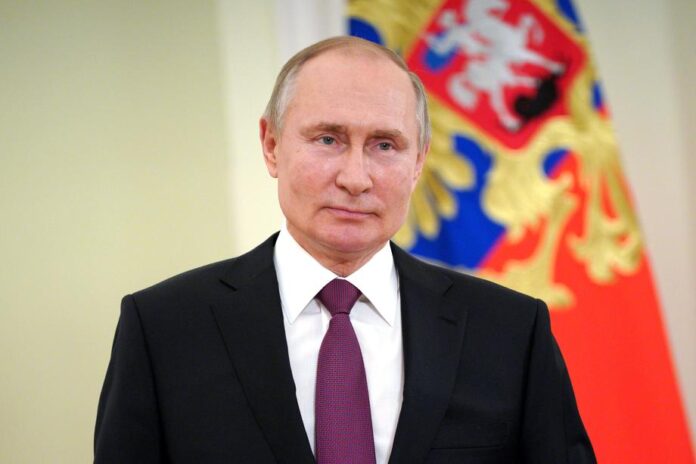
A new law in Russia that outlaws gender-affirming medical operations has been signed by the president.
Vladimir Putin’s efforts to defend “traditional values” have dealt yet another devastating blow to Russia’s LGBTQ+ population with the passage of the new measure, which was unanimously passed by both houses of parliament.
It prohibits changing one’s gender on official documents or in the public record, as well as any “medical interventions aimed at changing the sex of a person.”
The only exception to the ban would be medical intervention to treat congenital anomalies, and only licenced clinics linked to the Russian Health Ministry can make decisions about these treatments.
The bill also annuls marriages where one person has changed gender, and bans transgender people from fostering or adopting children.
Legislators say the legislation is to safeguard Russia against ‘Western anti-family ideology’, with some describing gender transitioning as ‘pure satanism’.
When the ban passed through Russia’s lower house of parliament earlier this month, Badma Bashenkaev, chair of the State Duma Committee on Health Protection, said: ‘We have our Russian families, and the liberalization of such phenomena can be the first step on the road to hell.’
Putin has been cracking down on the LGBTQ+ community for a decade. His declaration to focus on ‘traditional family values’ was supported by the Russian Orthodox Church.
In 2013 the Kremlin adopted a new law which banned public endorsement of ‘nontraditional sexual relations’ between minors.
Same-sex marriage was banned in 2020, and last year Putin signed a law banning ‘propaganda of nontraditional sexual relations’ among adults.
More than 2,000 people legally changed their sex in Russia while the practice was legal between 2018 and 2022, the country’s deputy health minister said.